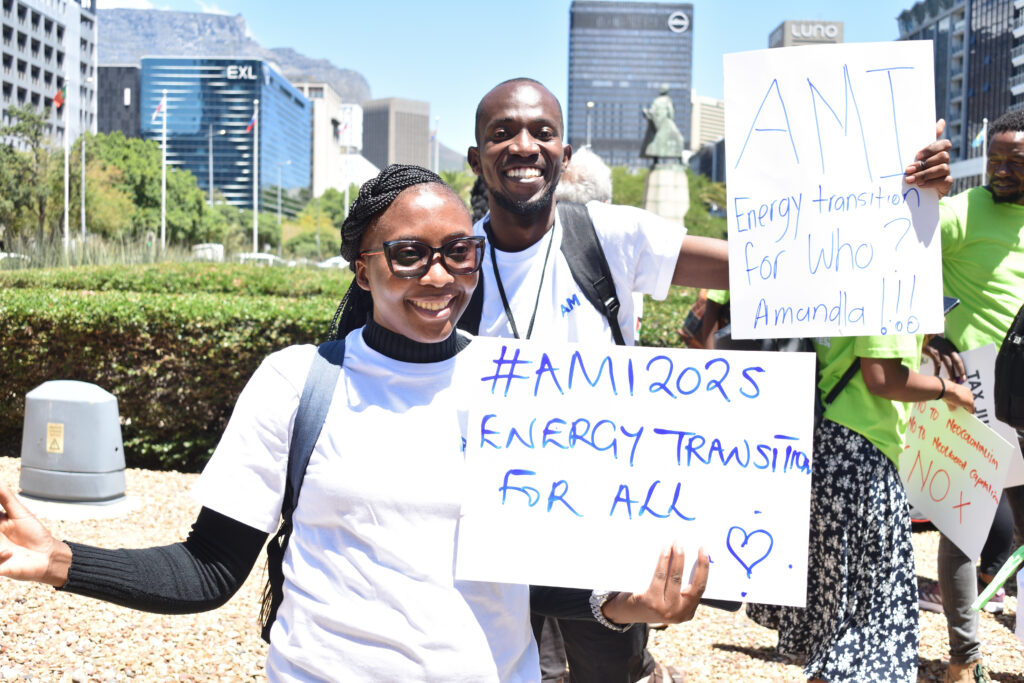Read this article in:
English
12 June, 2025Is the Just Transition in critical minerals industries veering towards greenwashing and how are workers mobilizing to redefine it? These questions anchor a pioneering study by IndustriALL Global Union’s Sub-Saharan Africa research team, in collaboration with the University of the Witwatersrand’s Southern Centre for Inequality Studies (SCIS).
The project, part of a broader initiative involving five research teams across Southern and Eastern Africa, is titled Fighting Back: Labour fragmentation and capital in the Just Transition and feminist eco-socialism. Supported by the International Labour Organization (ILO), the International Development Research Centre (IDRC) and Wits University’s Centre for Researching Education and Labour, the study examines the interplay of labour, capital and state dynamics in the shift to low-carbon economies.
Focusing on critical minerals mining, coal, renewable energy and logistics, the research spans case studies in Tanzania, Malawi, Zambia, Zimbabwe, Mozambique and South Africa. The study will investigate case studies on the impact of mining critical minerals — such as copper, cobalt and manganese in Zambia and lithium in Zimbabwe — on domestic economies and working conditions in both formal and informal economies.
Key questions include how workers are organizing to improve conditions, their relationships with established trade unions and the forms of labour organizing needed for a worker centric Just Transition.
The study engages a broad spectrum of stakeholders, including IndustriALL affiliates the Mine Workers Union of Zambia (MUZ), the Zimbabwe Diamond and Allied Minerals Workers Union (ZDAMWU) and the Zimbabwe Energy Workers Union (ZEWU) alongside government ministries, artisanal miners, women in mining, mine-affected communities, traditional leaders, civil society and multinational mining corporations.
Sites of the research are Chinese multinational corporation Sinomine’s Bikita Minerals in Zimbabwe and artisanal and small-scale mining on the Zambian Copper Belt and the Northwestern Province. Central themes include green extractivism, the mineral-energy complex, feminist eco-socialism and trade union revitalization, with a focus on innovative organizing strategies amid industrial transitions. The findings of the research will be published in December 2025.
“This research will yield critical insights into fostering an equitable and sustainable future for workers,”
said Professor Ruth Castel-Branco, senior researcher at SCIS and the research project lead.
IndustriALL Sub-Saharan Africa regional secretary, Paule-France Ndessomin, said:
“As critical minerals drive the global shift to low-carbon, amplifying insider perspectives of the workers is critical and this study aims to ensure that labour’s voice remains central to the Just Transition narrative,”
emphasizing the importance of trade unions in shaping knowledge production and engaging in social dialogue.


